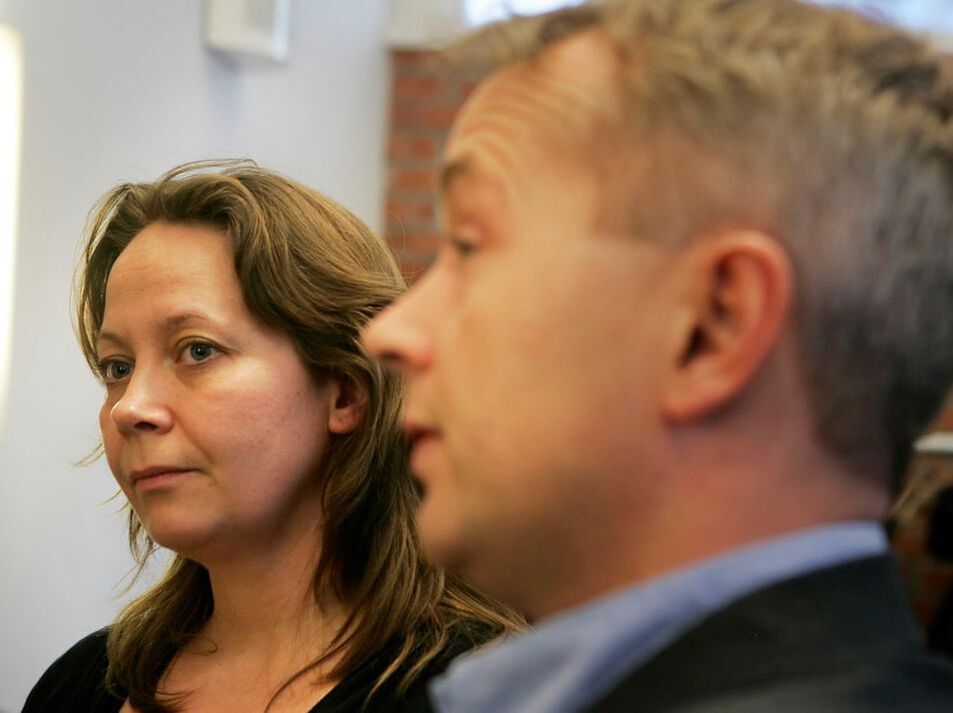|
|
|
In my 20 years of doing research that is framed either directly or indirectly by Norwegian authorities, I have come to the conclusion that even, or maybe especially, in Norway where there are close links and allegiances between research and government and where the shared assumption often is that ‘we all want what’s best for people’, there are considerable risks when scholars aim to produce research that is intended to be relevant to stakeholders and society.
In order to get funding and recognition, researchers are subjected to demands to do research in a way that is explicitly relevant to society in the short run. Such short-term relevance is also valued within research institutions and among researchers, and the evaluation of research often uses ‘impact’ as a marker for quality. The value of being relevant is heralded in many contexts, but the drive to be relevant may be problematic as this creates a situation where it may be difficult to steer free of becoming embedded in administrative or political agendas. I have experienced politicians and bureaucrats staying at an arm’s length distance to ensure the independence of my research, but I also have experience with meddling, threats and disappointment. In my Identities article, ‘Taking on the categories, terms and worldviews of the powerful: the pitfalls of trying to be relevant’, I describe some such experiences. Much of my experience as a researcher is as a migration scholar; migration is a field that rapidly moved from the margins to the centre of both society and social science scholarship in the last ten years. This mandates that we have to think about what that entails for the framing and need for our research, but also for our practices and ability to take a critical position in our own work.
We have seen an emergence of an expectation that migration researchers will help to solve ‘the problem of migration’, something that points to an understanding of research as part of the processes of policymaking and implementation. Researchers are expected to document the functioning of migration management as if it is a type of machinery that can be improved if one tightens the right bolts. How can we as researchers carve out a role that moves us beyond handing over evidence and management tools to powerful institutions?
Arguing that seeking to produce knowledge that matters to powerful institutions and agendas holds some risks that warrant caution and solidarity amongst researchers is not the same as encouraging resorting to pure academic acrobatics that make what we do irrelevant and illegitimate. The reference to Ikarus in the title of this blog article is a reference to researchers’ precarious situation, much like the mythical figure Icarus who had to avoid flying too close to the sun because the heat would melt his wings, but who also had to avoid flying too low because he needed the heat from the sun to keep his wings working. To avoid hubris is to not fall into the trap of becoming merely a servant to the state, while avoiding becoming irrelevant to the powers that be. The key to producing knowledge that moves thinking beyond the perspectives of powerful institutions and agendas is not distance, but the use of theory and contextualisation in a critical fashion. One example is that we challenge contemporary understandings of migration as an exception by refusing to do our research in a way that reifies how migration is compartmentalised, and instead bring migration into a broader context and treat it as a social phenomenon on par with others.
Blog post by May-Len Skilbrei, University of Oslo, Norway
Read the full article: Skilbrei, May-Len. Taking on the categories, terms and worldviews of the powerful: the pitfalls of trying to be relevant. Identities: Global Studies in Culture and Power. DOI: 10.1080/1070289X.2020.1805884
0 Comments
Your comment will be posted after it is approved.
Leave a Reply. |
|
Explore Identities at tandfonline.com/GIDE |
|
The views and opinions expressed on The Identities Blog are solely those of the original blog post authors, and not of the journal, Taylor & Francis Group or the University of Glasgow.

